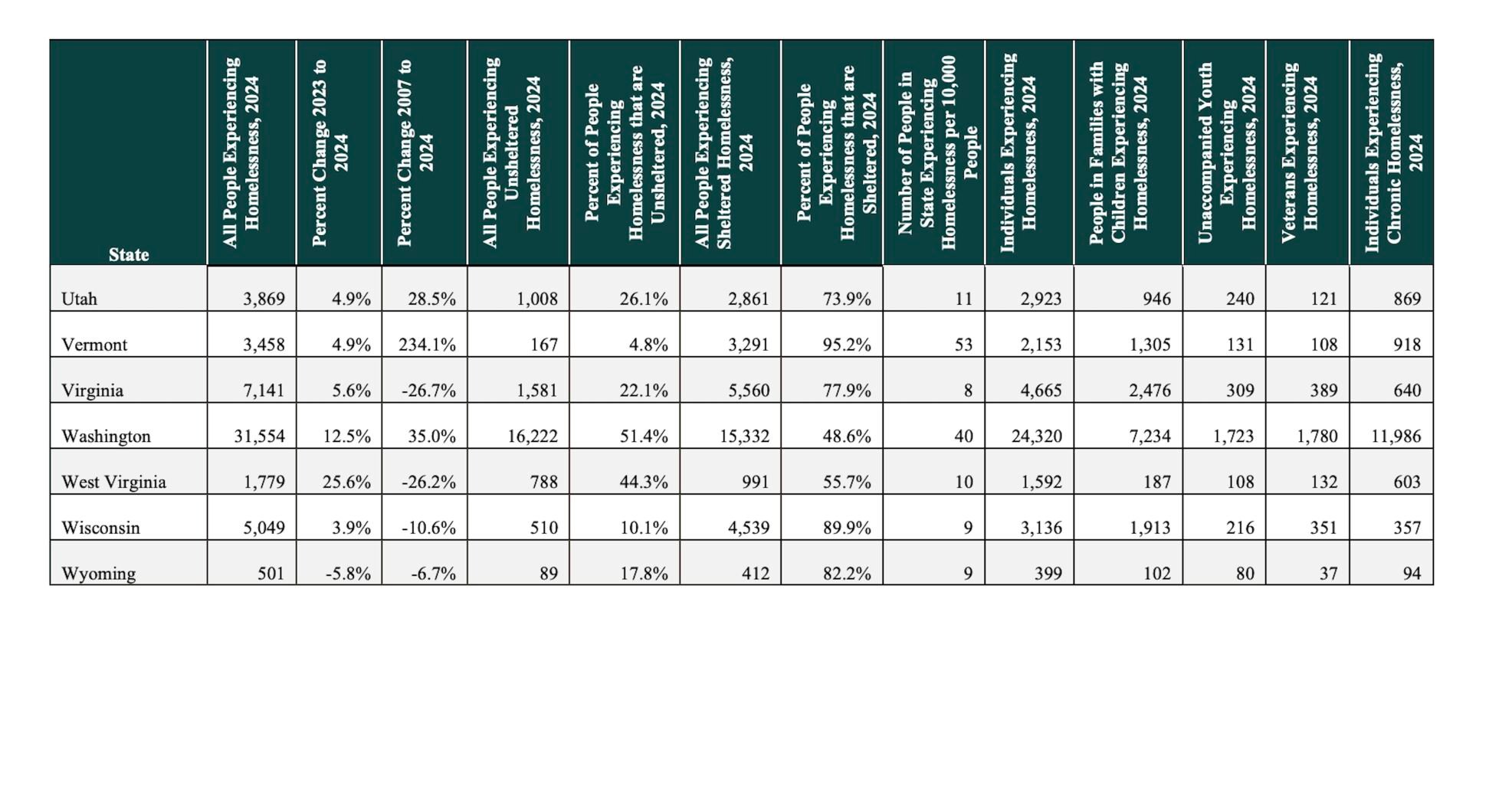

As of July 1, 2025, Wisconsin's population is estimated to be 5.96 million, marking an increase from 5.90 million in 2024 and 5.89 million in July 2020. This growth reflects a broader trend in the Midwest, where the population has increased by 0.6% year over year, contributing to the overall U.S. population growth of nearly 1%, the fastest rate since 2000 [8090c1ea].
Despite this growth, Wisconsin faces significant demographic challenges. The state's child population has seen a notable decline, dropping by 41,000 from 2010 to 2020 and by an additional 49,000 in the last three years. This trend raises concerns about the future workforce and overall population sustainability [8090c1ea]. Dale Knapp, Director of Forward Analytics, has projected a potential future decline in both population and workforce, indicating that while the current figures show growth, underlying demographic shifts could pose challenges ahead [8090c1ea].
In the context of national trends, the U.S. has experienced a population increase of 3.3 million people, largely driven by net international migration, which added 2.8 million individuals, accounting for 84% of the total growth [6ab82594]. The South remains the fastest-growing region, with Texas and Florida leading in numeric gains [6ab82594].
As states like Wisconsin navigate these demographic changes, the implications for economic growth, education, and community services will be critical. The balance between attracting new residents and addressing the declining child population will be a key focus for policymakers in the coming years [8090c1ea].